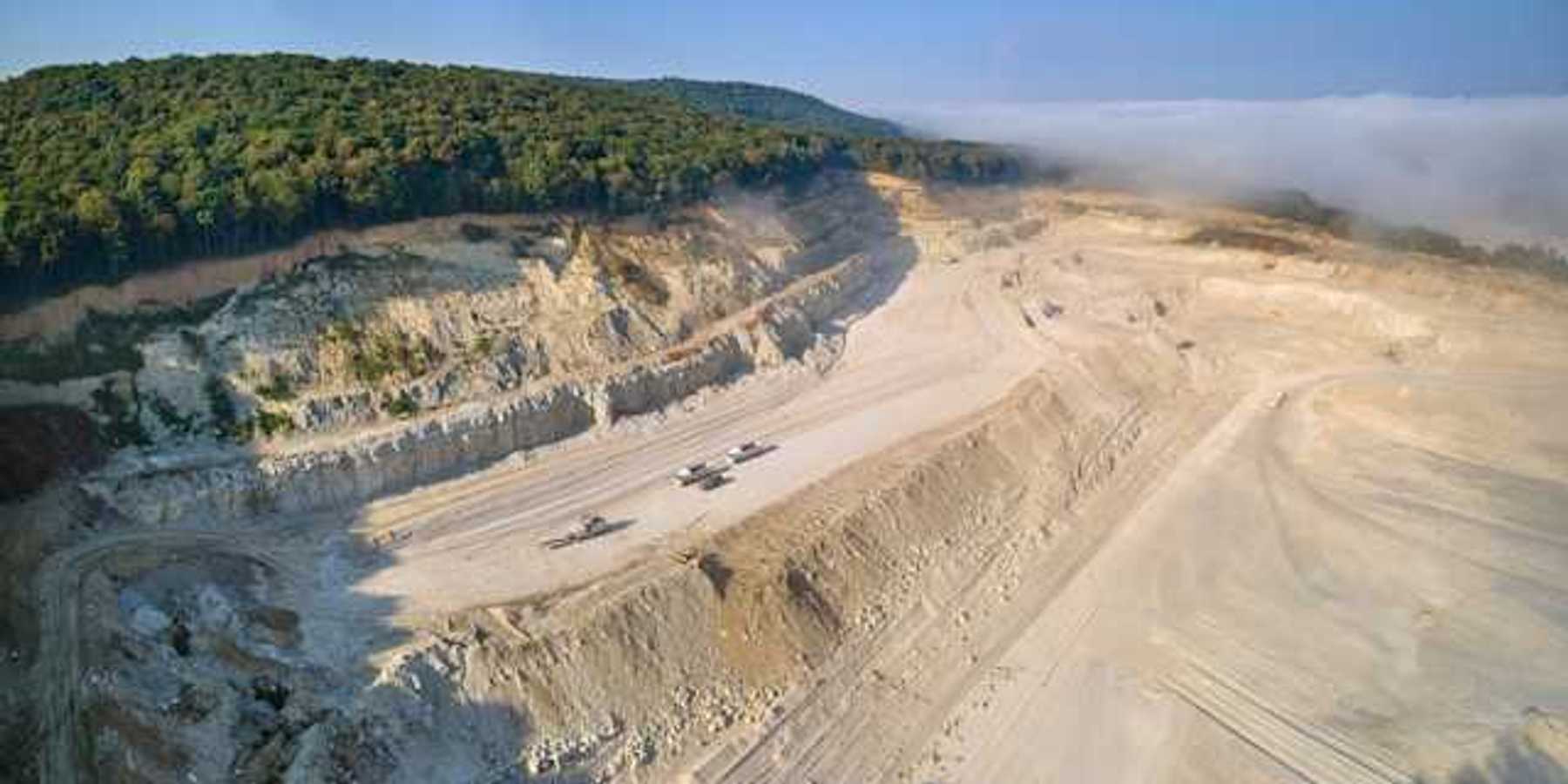25 October 2024
Polar bears are increasingly exposed to diseases due to warming Arctic
As the Arctic warms rapidly, polar bears are encountering new pathogens, posing health risks to these animals and potentially altering the ecosystem.
Kasha Patel reports for The Washington Post.
In short:
- Polar bears off the Alaskan coast are facing more diseases as melting sea ice forces them to spend more time on land.
- Blood tests from recent decades show that exposure to pathogens has increased significantly among the bears.
- Warmer temperatures are also speeding up the spread of ticks, mosquitoes and other disease carriers in the Arctic.
Key quote:
"Warmer temperatures accelerate the growth rates of pathogens and vectors, such as ticks and mosquitoes."
— Khaled Abass, toxicologist at Finland’s University of Oulu
Why this matters:
As the Arctic ecosystem shifts due to climate change, animals like polar bears face increased exposure to diseases that could weaken their populations. These changes may have cascading effects on the environment and human health as well.
Related EHN coverage: WATCH: The economics of biodiversity













